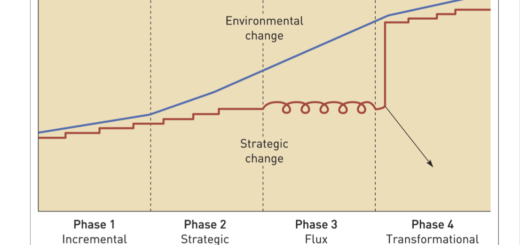Early History of Motivation Research
The early history of motivation research can be traced back to the early 20th century with the emergence of the Scientific Management movement, which was led by Frederick Taylor. Taylor’s approach emphasized the use of scientific methods to optimize productivity and efficiency in the workplace. He believed that motivation was primarily driven by extrinsic factors such as monetary incentives and that workers were inherently lazy and needed to be closely monitored and controlled to achieve maximum productivity.
The Human Relations movement emerged in the 1930s as a response to the limitations of Taylor’s approach. Researchers like Elton Mayo argued that social and psychological factors played a crucial role in motivation and that workers were not simply motivated by financial incentives. Mayo’s research demonstrated that workers were motivated by social interactions and that a sense of belongingness and being part of a group was critical to job satisfaction and motivation.
Abraham Maslow’s Hierarchy of Needs theory, introduced in 1954, identified five levels of human needs that motivate behavior, starting with physiological needs like food, water, and shelter and progressing to higher-level needs like self-actualization. Maslow’s theory proposed that individuals must first satisfy their basic needs before they can be motivated by higher-level needs.
Douglas McGregor’s Theory X and Theory Y, published in 1960, offered two contrasting views of human nature and motivation. Theory X proposed that workers were inherently lazy and needed strict supervision and control to be motivated, while Theory Y argued that workers were intrinsically motivated and could be trusted to perform well if given the right conditions.
Overall, the early history of motivation research was characterized by a shift away from a purely mechanistic approach to motivation and towards a more holistic understanding of human behavior and motivation in the workplace. These early theories and concepts continue to shape modern-day research on motivation and provide valuable insights into what motivates people to perform at their best.




Good blog! I really love how it is simple on my eyes and the data are well written. I am wondering how I might be notified when a new post has been made. I have subscribed to your RSS which must do the trick! Have a nice day!